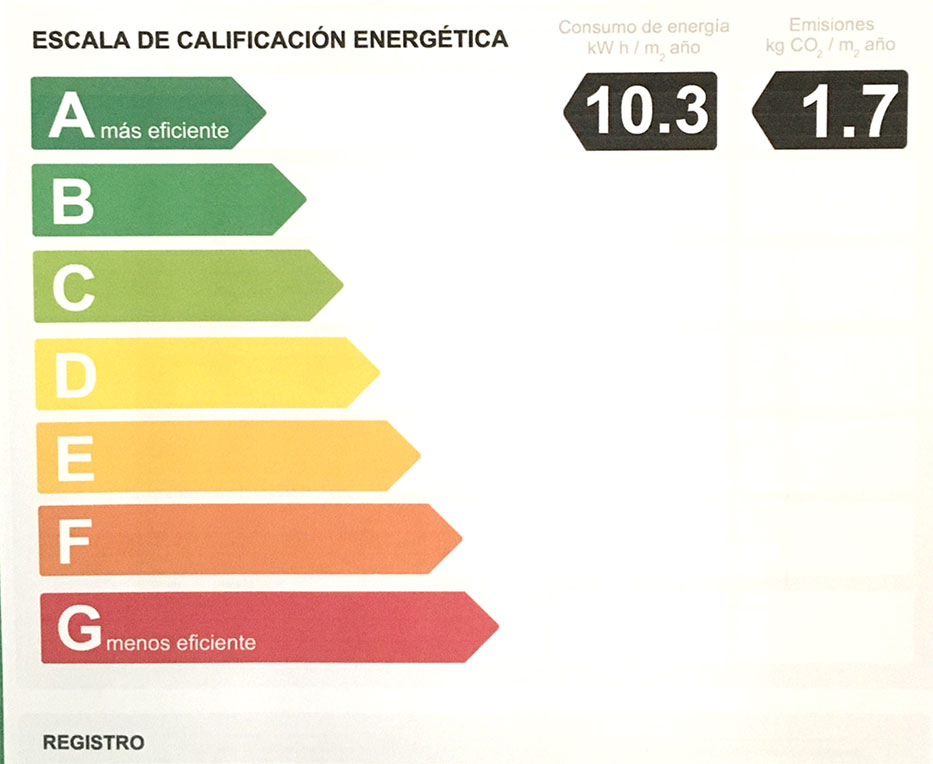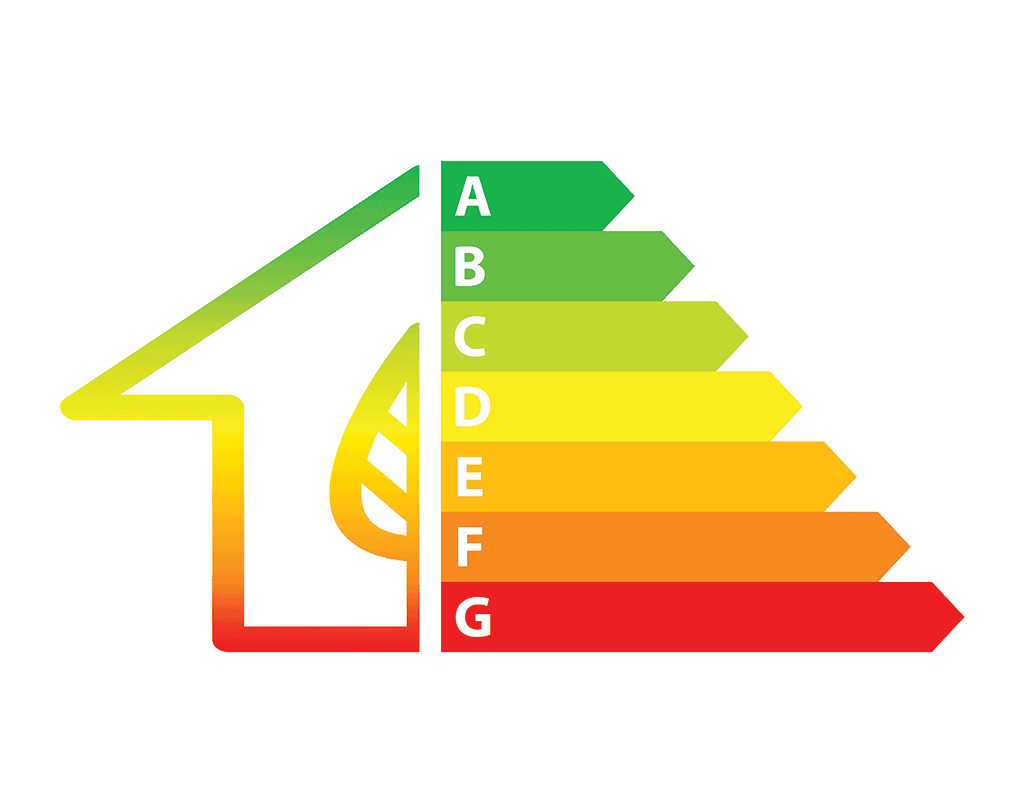
The Energy Certificate (CEE) is not just a piece of paperwork; it’s a crucial document that can significantly impact your property’s value and future resale potential. Ignoring it could lead to unexpected expenses and reduced property value. Here’s why the CEE deserves your attention:
Towards Zero Emissions by 2050
The European Union’s Directive on Energy Efficiency in Buildings aims to achieve zero CO2 emissions and minimal electricity use across all buildings by 2050. While this goal may seem far off, it’s a key factor for today’s buyers. A property’s current energy efficiency will become increasingly important as we approach these deadlines, especially when it comes time to sell. Buyers who invest in energy-efficient properties now can avoid costly upgrades later.
Mandatory Energy Ratings: E by 2030, D by 2033
A recent European Parliament directive mandates that all homes must achieve at least an E rating by 2030 and a D rating by 2033. These dates are well within the typical ownership period for today’s buyers. Properties with ratings below these benchmarks may face restrictions on being sold. For buyers, this means that homes with poor energy ratings could lead to costly renovations down the line to meet compliance requirements.
Spain’s Real Estate: 80% Need Upgrades
In Spain, over 80% of buildings fail to meet current European energy efficiency standards. This means a significant portion of the housing market will require upgrades to comply. The inevitable rush to meet these standards is expected to lead to shortages in materials and skilled labor, driving up renovation costs.
Low Energy Ratings Can Lower Resale Value
A poor energy rating doesn’t just mean higher energy bills; it can also reduce the market value of your property. Be wary of sellers claiming the CEE is “In Preparation.” This process takes only about a week and lasts for 10 years, so there’s no valid excuse for not having one ready. If the seller hasn’t obtained a valid CEE, ask yourself: what are they hiding? Without this document, the burden of meeting legal energy requirements could fall on you as the buyer.
Takeaway: Protect your investment by prioritising properties with a strong energy rating and a valid CEE. With regulations tightening and deadlines fast approaching, ensuring energy efficiency now will save you time, money, and hassle in the future.




